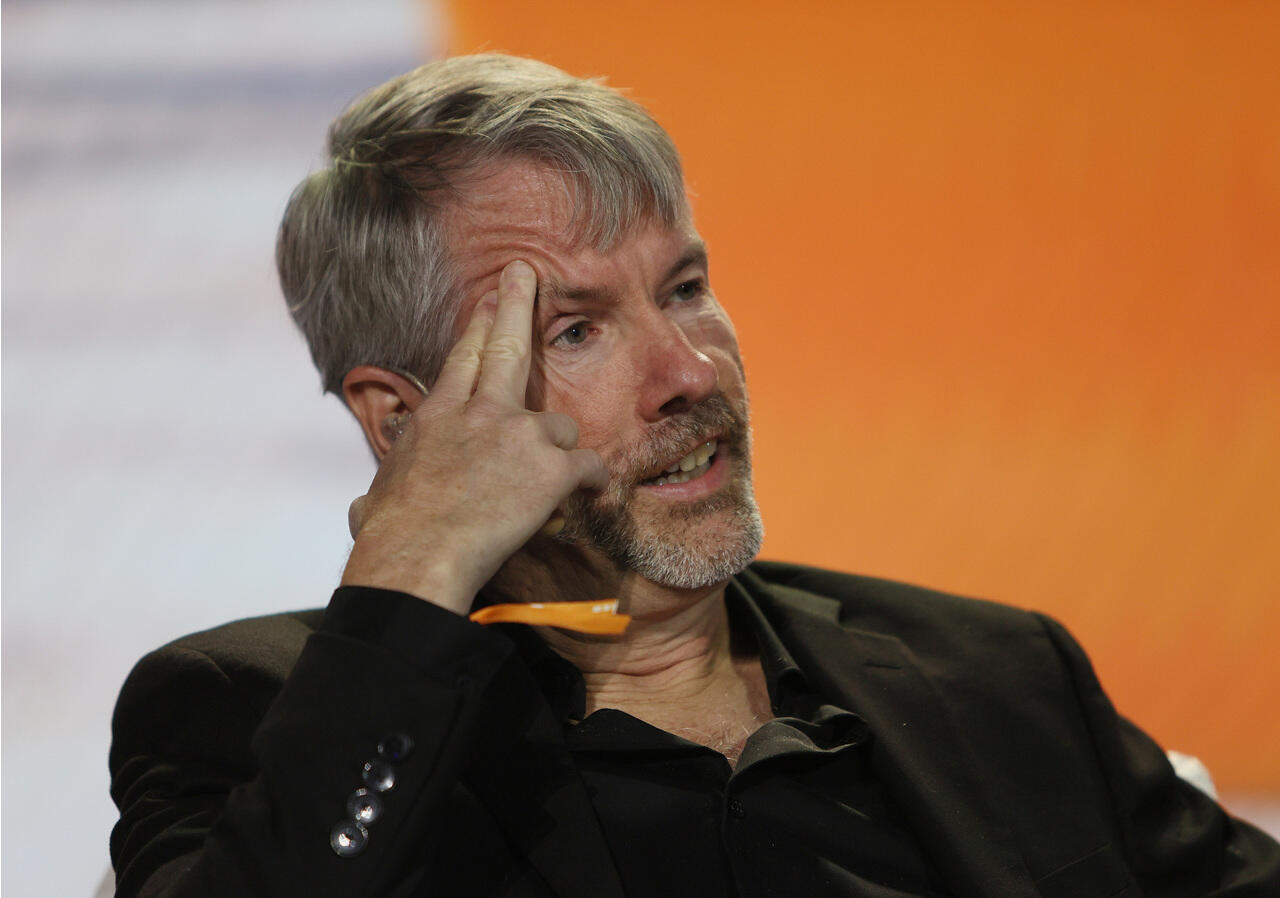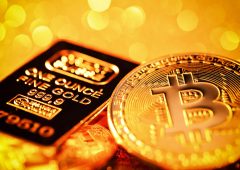Michael Saylor Proposes U.S. Government Acquire 25% of Bitcoin’s Supply Over Next Decade
09.03.2025 19:00 1 min. read Alexander Stefanov
Michael Saylor, the founder of Strategy, has put forward an ambitious plan for the U.S. government to secure up to 25% of Bitcoin’s total supply over the next decade.
In a detailed proposal titled “A Digital Assets Strategy to Dominate the 21st Century Global Economy,” Saylor suggests that the U.S. should implement consistent daily purchases of Bitcoin between 2025 and 2035, when most of the total supply will have already been mined.
Saylor emphasized that the government should adopt a “never sell your Bitcoin” policy, foreseeing that by 2045, the reserve could generate up to $10 trillion annually. He projects that, over the next few decades, the reserve could contribute between $16 trillion and $81 trillion to the U.S. Treasury, potentially alleviating the national debt.
This proposal follows a significant move by President Trump, who signed an executive order to create a “Strategic Bitcoin Reserve” and “Digital Asset Stockpile” funded by cryptocurrency seized from criminal cases. While no immediate plan for additional Bitcoin purchases was included, the order directed Treasury and Commerce officials to explore strategies to acquire Bitcoin without increasing taxpayer costs.
Saylor’s proposal stands out by suggesting the U.S. acquire 5.25 million BTC, significantly higher than the 1 million BTC proposed by Senator Cynthia Lummis in her Bitcoin Act. Meanwhile, Saylor’s company continues to increase its Bitcoin holdings, having recently invested an additional $2 billion in the digital asset.
-
1
Elon Musk Unveils His Own ‘America Party,’ Signals Pro-Bitcoin Political Shift
07.07.2025 11:40 2 min. read -
2
Bitcoin Blasts Past $121,000 as Institutions Fuel Rally—Will Altcoins Follow?
14.07.2025 8:15 2 min. read -
3
Bitcoin: What to Expect After Hitting a New All-time High
10.07.2025 14:00 2 min. read -
4
Peter Brandt Issues Cautious Bitcoin Warning Despite Bullish Positioning
10.07.2025 20:00 2 min. read -
5
Vanguard Now Owns 8% of Michael Saylor’s Strategy, Despite Calling BTC ‘Worthless’
15.07.2025 17:09 2 min. read
Global Money Flow Rising: Bitcoin Price Mirrors Every Move
Bitcoin is once again mirroring global liquidity trends—and that could have major implications in the days ahead.
What is The Market Mood Right Now? A Look at Crypto Sentiment And Signals
The crypto market is showing signs of cautious optimism. While prices remain elevated, sentiment indicators and trading activity suggest investors are stepping back to reassess risks rather than diving in further.
What Price Bitcoin Could Reach If ETF Demand Grows, According to Citi
Citigroup analysts say the key to Bitcoin’s future isn’t mining cycles or halving math—it’s ETF inflows.
Is Bitcoin’s Summer Slowdown a Buying Opportunity?
Bitcoin may be entering a typical summer correction phase, according to a July 25 report by crypto financial services firm Matrixport.
-
1
Elon Musk Unveils His Own ‘America Party,’ Signals Pro-Bitcoin Political Shift
07.07.2025 11:40 2 min. read -
2
Bitcoin Blasts Past $121,000 as Institutions Fuel Rally—Will Altcoins Follow?
14.07.2025 8:15 2 min. read -
3
Bitcoin: What to Expect After Hitting a New All-time High
10.07.2025 14:00 2 min. read -
4
Peter Brandt Issues Cautious Bitcoin Warning Despite Bullish Positioning
10.07.2025 20:00 2 min. read -
5
Vanguard Now Owns 8% of Michael Saylor’s Strategy, Despite Calling BTC ‘Worthless’
15.07.2025 17:09 2 min. read


